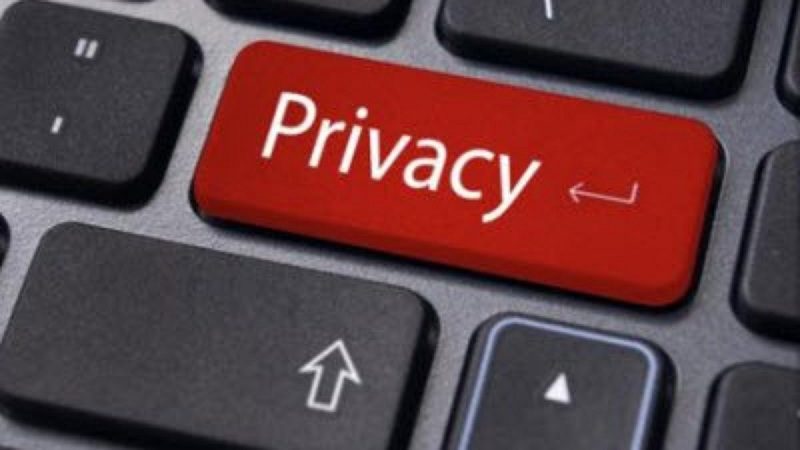10 Tips to Protect Your Privacy on the Internet

The Internet gives way to a virtual world through which everything is possible. But this virtual world does not differ much from the terrestrial one in which we live. That is why the initial premise from which we start is “do not do on the internet what you would not do in your real life.” With this we encourage you to follow these 10 tips to protect your privacy on the internet that will make your life much easier and safer.
1. Take care of your passwords
Your passwords are the key to your online privacy. That is why a good choice can safeguard your accounts from computer thieves.
A good way is to choose a different password, as it can be complex by combining lowercase, capitals, numbers and symbols, for each online registration (social networks, bank, email…). Yes, it is lazy and it is an effort to have to remember them all. But this way you avoid that if a server goes down, all your accounts are in danger or that any pirate steals them from you.
2. Social networks: the online peephole
Now more than ever the old woman with the net curtain is present at every step we take. Social networks are a peephole for anyone who wants to see where we were last weekend, where we are having dinner or with whom we share our leisure time. To prevent the gossip from coming to your door, don’t forget to configure the privacy of your social networks. And remember, be careful with what you post, everything is recorded.
3. Log out
Especially on public computers, at work or any device for non-personal use. It is very important to log out of all the personal accounts that we use (social networks, email, bank accounts…). It is very common that even if we close the browser, the session is still active, and it opens automatically when the page is accessed again. Think that no one would think to leave the keys in the door of the house.
4. Beware of free Wi-Fi in public places
No one gives anything away. That is why whoever leaves free access to the Wi-Fi network wants to get something in return. While you happily navigate a free sea, believing that you have triumphed because of that data savings that are so scarce at the end of the month, a company will be keeping reports on your internet search preferences. Information is power, and developing user data systems can make a lot of money. Think about who wins here.
5. “I have read and accept the conditions”. Let’s be honest: nobody reads
There is nothing more mechanical than accepting the conditions by downloading a mobile application without having read them. Error!. No one would sign a contract in real life without reading it, why online? Although we are normally not at risk, we should not trust 100%. It is not necessary to read everything, but it is advisable to take an overview of what it entails to accept certain conditions of download or use. The information on our phone could be exposed, but once signed we will not be able to claim absolutely anything.
6. Clear the search history periodically
Something to which we are not accustomed, due to ignorance, absent-mindedness or laziness, and that although it does not directly harm us, we are giving data about our searches to third parties, tracking everything we have previously searched for.
7. Disconnect the GPS when you don’t use it
They are small gestures that help keep protect your privacy, and the GPS can show it in real time. There are many applications that show where each user is at all times if they have the location of their mobile phone activated. Remember to turn it off when you don’t use it if you don’t want to have someone like a sniffer dog sniffing where you move.
8. 3,2,1 Recording!
Because prevention is better than cure, it does not hurt to control the cameras of the devices that we surround ourselves with every day. The sweet tooth for hackers is the camera on our laptop. There is the possibility of activating it without the user realizing it. This can be prevented with a simple gesture such as putting a sticker, a posit, or a piece of paper with adhesive tape in the viewfinder of the camera.
9. Being everywhere has a price
In the era in which we live, it is essential to always be connected, register for all services and download all apps. But we must know that belonging to all these communities means giving them access to brands so that they register our searches and preferences, in addition to giving them the green way to send us their offers and promotions. This is not harmful to us, nor a crime to our privacy, but it does not hurt to know what we are exposed to in each site we access.
10. Risks of publishing some data on the internet
Everything we do has consequences, for better or for worse. In the case of online publications, we must be aware that we expose part of our life, although there are those who expose it completely. For this reason, we give you some information that you must assess before publishing, if you want to keep protect your privacy and security.
Check Also:
Any questions you have regarding “Protect Your Privacy on the Internet” you can leave it in the comments.
